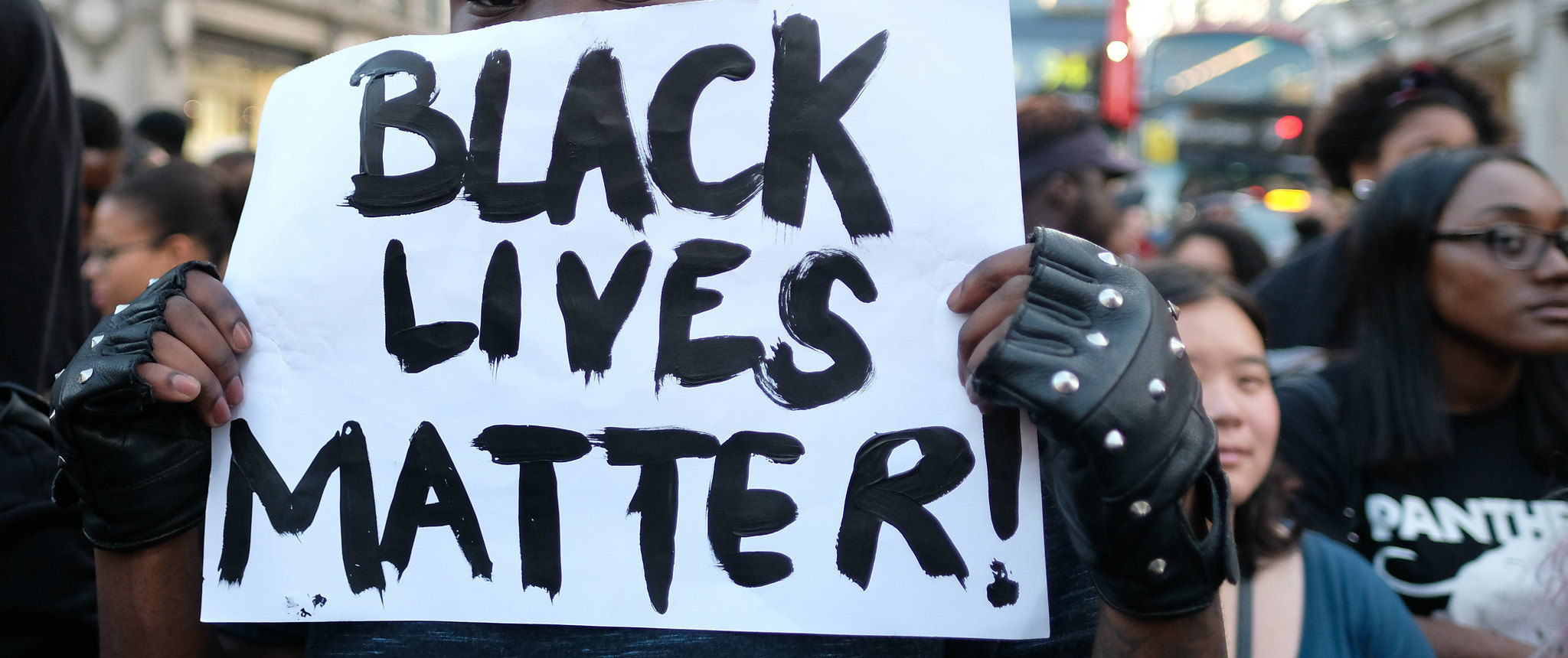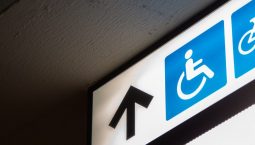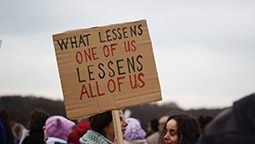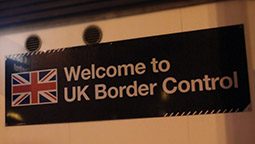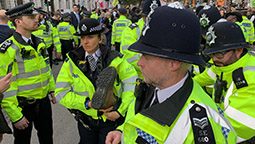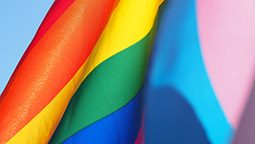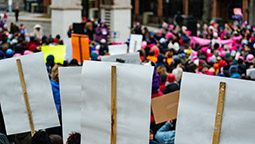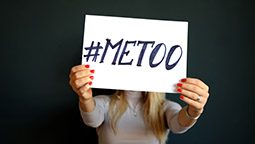Following the publication of a United Nations report highlighting the global impact of racism against people of African descent, the United Nations Human Rights Council is calling for global action to “make amends”.
The UN human rights chief Michelle Bachelet has said that racism against people of African descent remains systemic in many parts of the world, reflected by, for example, the entrenched use of racial profiling and excessive force by police, including in the United Kingdom.
“I am calling on all states to stop denying, and start dismantling, racism; to end impunity and build trust; to listen to the voice of people of African descent; and to confront past legacies and deliver redress,” she said.
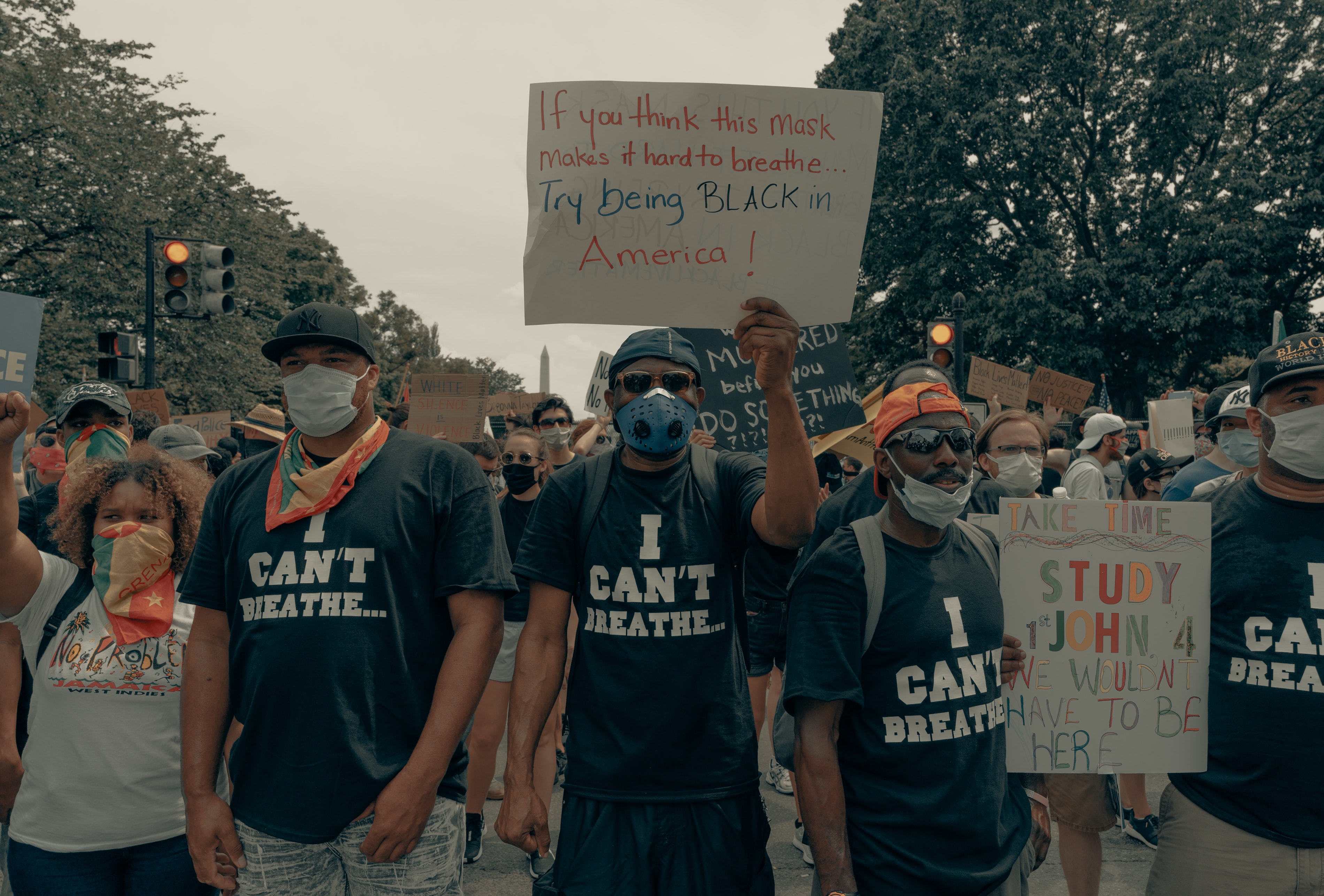
Black Lives Matter protest in Washington DC 6/6/2020. Credit: Unsplash
In its new study, which began after the murder of George Floyd in 2020, the UN cited concerns in about 60 countries, including the UK, France, Canada, Brazil and Colombia.
Bachelet added that the endurance of structural racism creates barriers for accessing jobs, healthcare, housing, education and justice around the globe for minority ethnic groups.
In England and Wales in 2019, Black people were nine times more likely to be stopped and searched than white people and eight times more likely to be tasered, even though white people are more likely to be found with illegal substances.
In March 2021, the UK government’s Commission on Race and Ethnic Disparities published a widely denounced report alleging that there is no institutional racism in the UK. The UN Working Group of Experts on People of African Descent condemned the report saying that it omitted any recognition of analysis of institutional racism by international human rights bodies.
Based on discussions with more than 300 experts and people of African descent, the UN’s latest report cited 190 deaths of Africans and people of African descent worldwide at the hands of law enforcement, saying officials are “rarely held accountable”. The continuance of systemic racism is most prevalent in countries with a legacy of slavery, the report said.
The report concluded that to eradicate racial injustice countries should “make amends for centuries of violence and discrimination…including through formal acknowledgement and apologies, truth-telling processes, and reparations in various forms.”
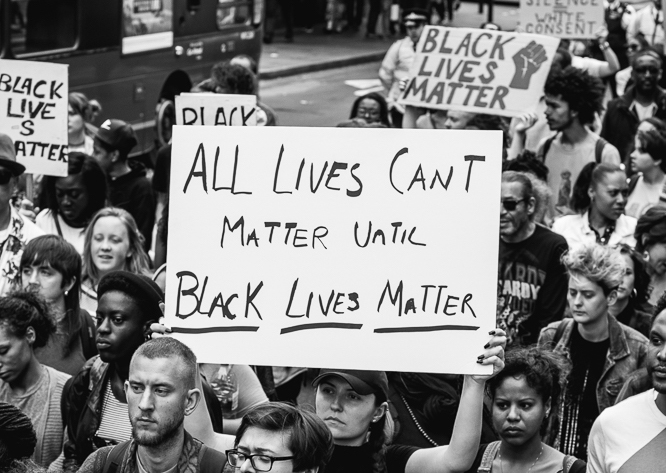
Black Lives Matter Protest in London 2016. Credit: Flickr / G Miessi
“We welcome the UN analysis but it’s obviously no surprise to us,” said Jeremy Crook, Vice Chair of EQUAL and CEO of Black Training and Enterprise Group (BTEG), a national charity delivering programmes for young black, Asian and minority ethnic people aged 11-30 years. “We would like anyone in government that’s rational and can understand these issues to think about what the UN has set out there, and that it’s not just a UK issue, it’s a global issue, that impacts people of African descent in particular.”
Bachelet added that reparations should not only be financial but include other “guarantees” to prevent future injustices.
The UN, however, has to rely upon individual states to act on its suggestions.
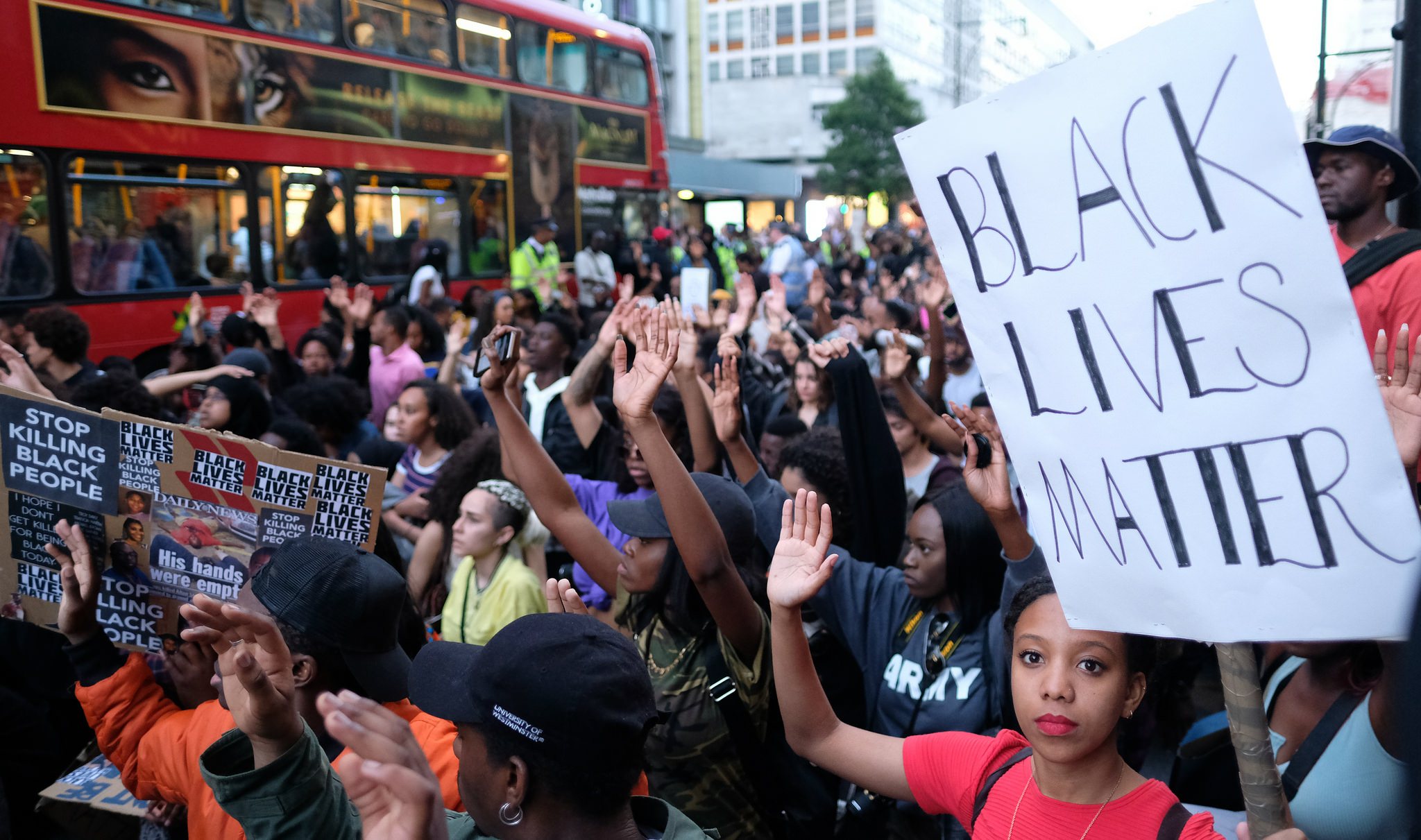
“The UN is a fairly toothless organisation, especially when dealing with former colonial powers,” said Udoka Ursula, a creative designer. “I think the most important work – and the hope – comes from Black people ourselves.” When it comes to enacting reparations for people of African descent, the biggest issue seems to be acknowledging the enduring impact of institutional racism.
“Demands for reparations come out of a recognition of the harm that has been done, and the harm that continues to be done,” added Ursula. “The UK and its citizens have not recognised that harm has been done, therefore reparations would be incredibly unpopular”. Nonetheless, the UN contends that reparations can play a part in the process of states striving to make amends for the people’s rights they have violated in the past and the iniquitous influence this history exerts on the present.

